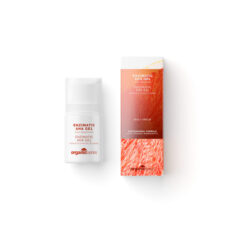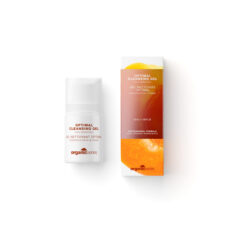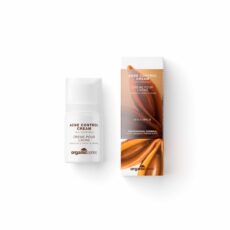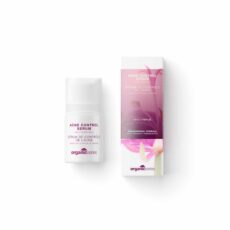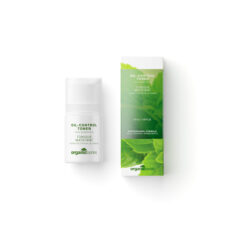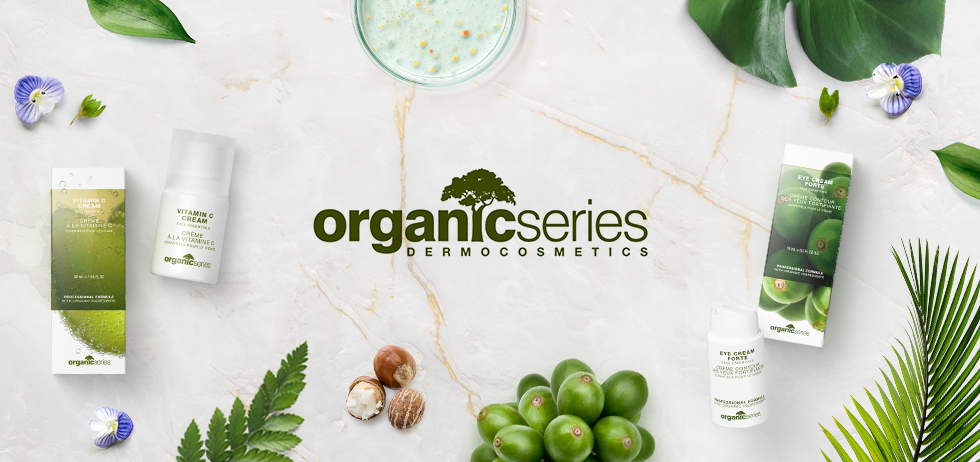Cream for acne – introduction
Cream for acne – acne is a common problem that affects people of all ages, genders, and skin types. It can be frustrating and sometimes even painful to deal with, especially when it seems like nothing is working. Luckily, there are plenty of creams and other products available that can help to clear up acne and prevent future breakouts. In this article, we will be sharing 7 genius tips for using cream for acne and achieving beautiful, clear skin. Whether you’re dealing with occasional breakouts or chronic acne, these tips are sure to help you on your journey to clear, healthy skin.
Understand the importance of moisturising in fighting acne
One of the main reasons why moisturising with a cream for acne is so important is that many acne treatments, such as benzoyl peroxide and salicylic acid, can be drying. While these ingredients are effective at fighting acne, they can also strip the skin of its natural oils and leave it feeling tight and uncomfortable. This dryness can actually exacerbate acne by prompting the skin to produce more oil to compensate, leading to clogged pores and breakouts. Moisturising with a cream for acne can help to balance the skin’s hydration levels and prevent this cycle of dryness and oiliness.
Another reason why moisturising is important in fighting acne is that it can help to soothe and heal irritated, inflamed skin. Acne can be a painful and uncomfortable condition, and using a cream for acne that contains ingredients like aloe vera, chamomile, or niacinamide can help to calm redness and reduce inflammation. This can not only improve the appearance of acne, but also prevent future breakouts by minimising the damage done to the skin.
When choosing a cream for acne, there are a few key tips to keep in mind. Look for a product that is labeled as non-comedogenic, meaning it won’t clog pores. Avoid creams that contain heavy oils or fragrances, as these can exacerbate acne. If you have oily or acne-prone skin, you may want to opt for a lighter, gel-based moisturizer rather than a heavy cream. And finally, make sure to apply your moisturizer regularly, both in the morning and at night, to keep your skin hydrated and healthy.
Incorporating pore-minimising ingredients into your skincare routine

To start with, it’s important to find a cream that contains pore-minimizing ingredients. These ingredients help to unclog pores and prevent the build-up of oil, dirt and other impurities that contribute to acne breakouts. Some common pore-minimizing ingredients include salicylic acid, glycolic acid and benzoyl peroxide.
Salicylic acid, for example, is a powerful exfoliating agent that can penetrate deep into the pores to remove dead skin cells and unclog pores. It also has anti-inflammatory properties, making it particularly effective in reducing redness and inflammation associated with acne.
Glycolic acid, on the other hand, is a type of alpha-hydroxy acid that works by breaking down the glue that holds dead skin cells together, thus revealing smoother, brighter skin. It also helps to boost collagen production, which can help to improve skin texture and prevent the formation of scars caused by acne.
Benzoyl peroxide is another effective ingredient often found in acne creams. It works by killing acne-causing bacteria on the skin’s surface, preventing new blemishes from forming and reducing the severity of existing breakouts.
It’s worth noting, however, that while these ingredients can be highly effective in minimizing pores and managing acne, they can also be potentially irritating to some skin types, particularly if overused or used in high concentrations. As such, it’s important to start slow when introducing a new acne cream to your skincare routine, using it only as directed and following up with a good moisturizer to prevent dryness and irritation.
Incorporating a pore-minimizing cream into your skincare routine can be a game changer when it comes to achieving clear, healthy skin. With the right ingredients and a consistent approach, you can say goodbye to enlarged pores and acne breakouts for good.
Cream for acne – conclusion
In conclusion, having acne can be frustrating, but there are many options when it comes to managing it. Using a cream for acne is just one of the many ways to keep your skin clear and healthy. By knowing your skin type, staying hydrated, and maintaining proper hygiene, you can help prevent breakouts and keep your skin looking its best. Additionally, being proactive with your skincare routine and seeking professional help when needed can make a significant difference in the appearance of your skin. With these tips in mind, you can achieve clear, glowing skin and feel confident in your own skin.
Expert recommendation
Organic Series Cream for Acne
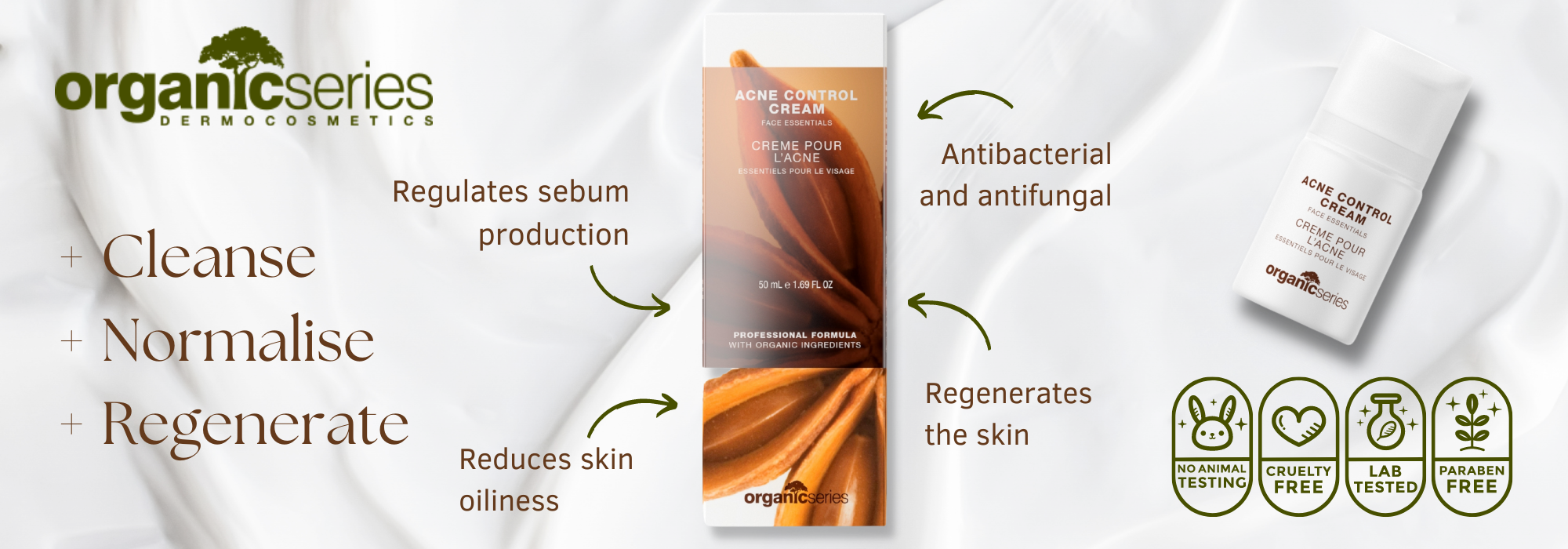
More inspiration
Follow Organic Series UK on instagram and facebook for more inspiration, expert tips and special discount codes!Cream for Acne Skincare Routine By Organic Series
-
-
-
Organic Acne Cream | Acne Control Cream By Organic Series | 15ml, 50ml, 200ml
From £ 12.00Rated 4.75 out of 504 reviews -
Organic Acne Serum | Acne Control Serum By Organic Series | 15ml, 50ml, 200ml
From £ 12.00Rated 4.75 out of 504 reviews -
Toner for Oily Skin | Oil-Control Toner By Organic Series | 50ml, 200ml
From £ 24.00Rated 5.00 out of 501 review

Maria
Cosmetic Chemist
Maria
All Author Posts

